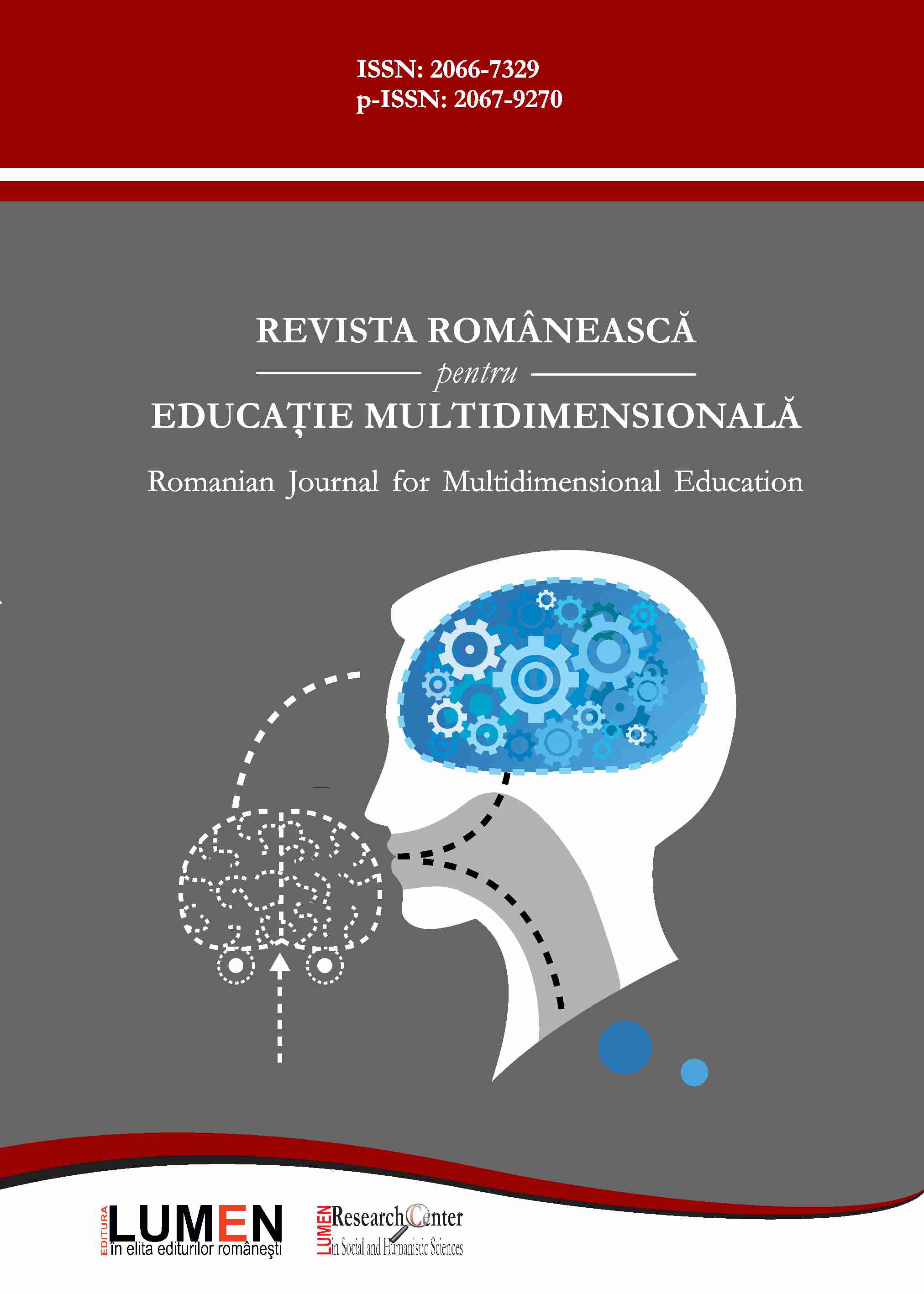Efficient Questioning in Teaching Mathematics: Teachers’ Attitudes and Practices
Efficient Questioning in Teaching Mathematics: Teachers’ Attitudes and Practices
Author(s): Nina Tarasenkova, Iryna Akulenko, Kira Hnezdilova, Olga Chashechnikova, Vadym Kirman, Zoia Serdiuk, Oksana Kolomiets, Anton ZaporozhetsSubject(s): Social Sciences, Education, Semiotics / Semiology, Semantics, Higher Education , Evaluation research, Pedagogy
Published by: Editura Lumen, Asociatia Lumen
Keywords: Educational questioning in teaching mathematics; functions of questions; psychological-semiotic approach; semantic support in questions’ wording;
Summary/Abstract: The paper is an exposure to the latest practices of questioning in teaching and learning math (TLM) on the basis of psychological-semiotic approach. Emphasis is placed on the degree of semantic support of the expected answer when formulating educational questions. The paper explored: whether teachers are able to distinguish between types of questions and to use them in sync with didactic purpose; what types of questions teachers consider to be the most effective; what factors influence this process. To achieve these goals, survey-based research was conducted among 173 high school mathematics teachers across Ukraine. The research proved that, in their majority, teachers are able to correctly distinguish among the types of the questions offered. According to the teachers, questions with full semantic support for the answer are less useful in TLM. The study showed teachers’ lack of ability to identify the goals of the questions. There has been revealed a gap between the teachers’ attitude to the expedience of using questions with several possible answers and the practice of their implementation in TLM. The study yielded 35 variables characterizing the current status of the problem. They were optimized to 13 factors. It was stated that questioning should comply with the content of educational material, and the questions formulated with the use of topical vocabulary known to the students are viewed as most cost-effective. The research revealed the significant impact of the number of questions that teachers or students ask. The factor of primary importance appears to be that of time.
Journal: Revista Românească pentru Educaţie Multidimensională
- Issue Year: 15/2023
- Issue No: 1
- Page Range: 216-246
- Page Count: 31
- Language: English

